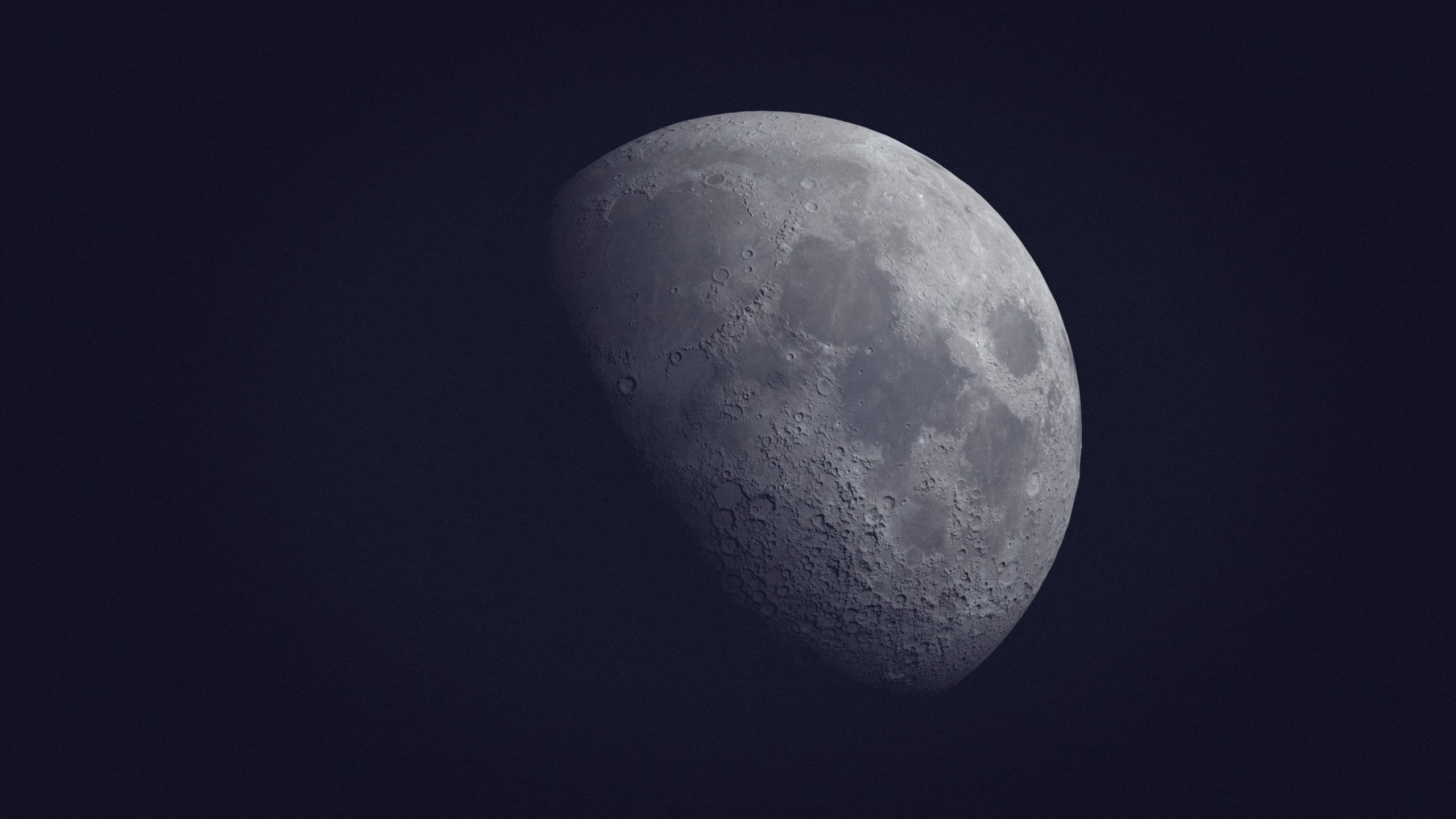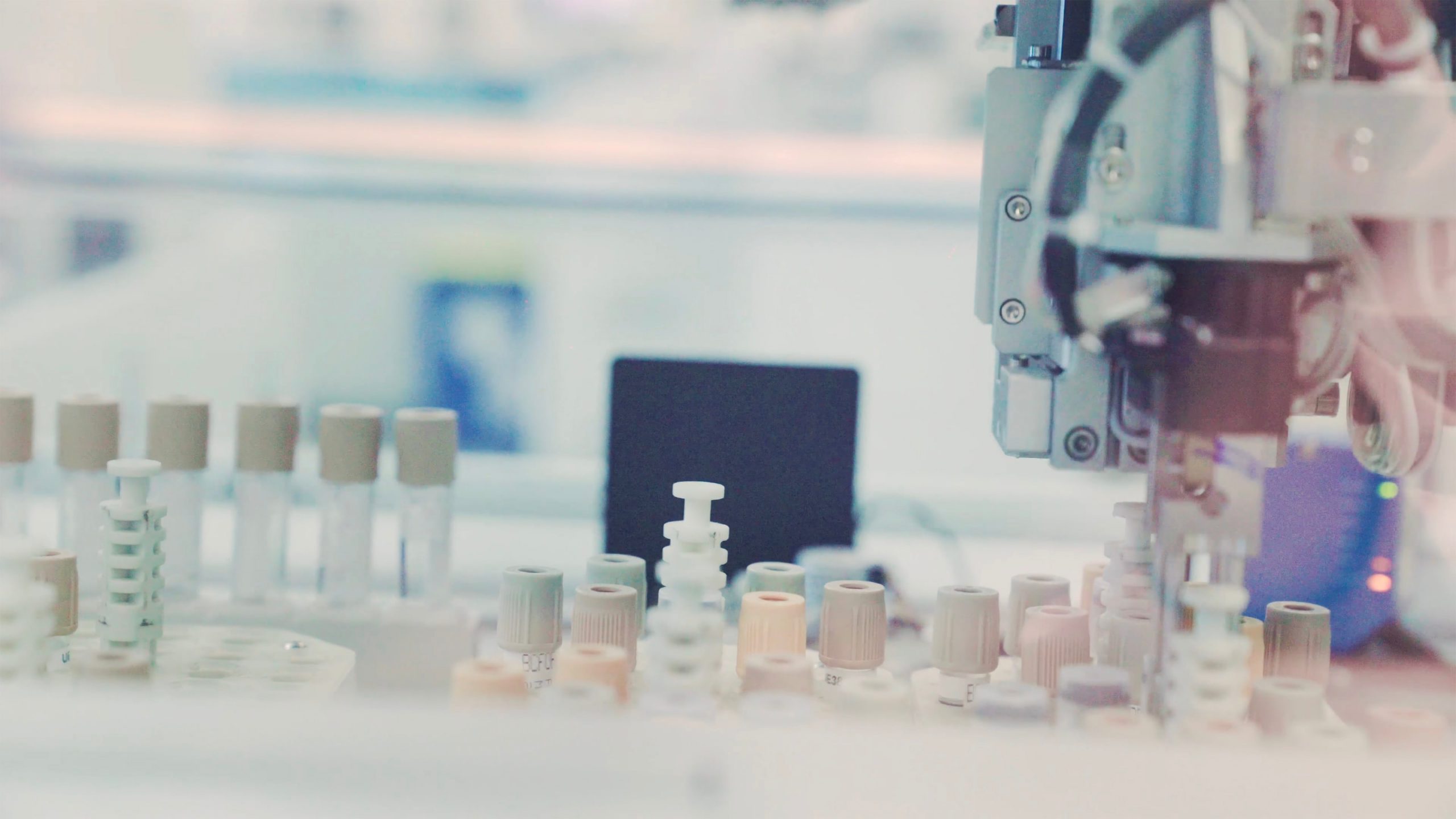Latest News
May 2021. Who believes in life on Venus?
A paper out this month summarises two surveys on what people believe about life in the solar system. We asked people with some scientific background in astrobiology what they thought were the chances of life on five Solar System bodies – Europa (a moon of Jupiter), Enceladus (a small moon of Saturn), Mars, Titan (Saturn’s… Continue reading May 2021. Who believes in life on Venus?
Apr. 2021. Five Alarm Bio shows anti-aging effect in simple organism
Five Alarm Bio today announced new results demonstrating the effect of their probe compound FAB001 on aging. In collaboration with Magnitude Biosciences, Five Alarm Bio has tested our probe molecule FAB001 for its effects on the health of the nematode worm C.elegans. C.elegans. is widely used for research into aging, and has been the model… Continue reading Apr. 2021. Five Alarm Bio shows anti-aging effect in simple organism
Sept 2020. Phosphine on Venus?
On September 14th Nature Astronomy published a paper by Prof. Jane Greaves and her collaborators, including me, on the tentative discovery of phosphine in the atmosphere of Venus. This is huge news. Phosphine is a colourless, highly poisonous gas found in tiny amounts (parts per trillion) in Earth’s atmosphere. It is a gas that our MIT group has… Continue reading Sept 2020. Phosphine on Venus?



